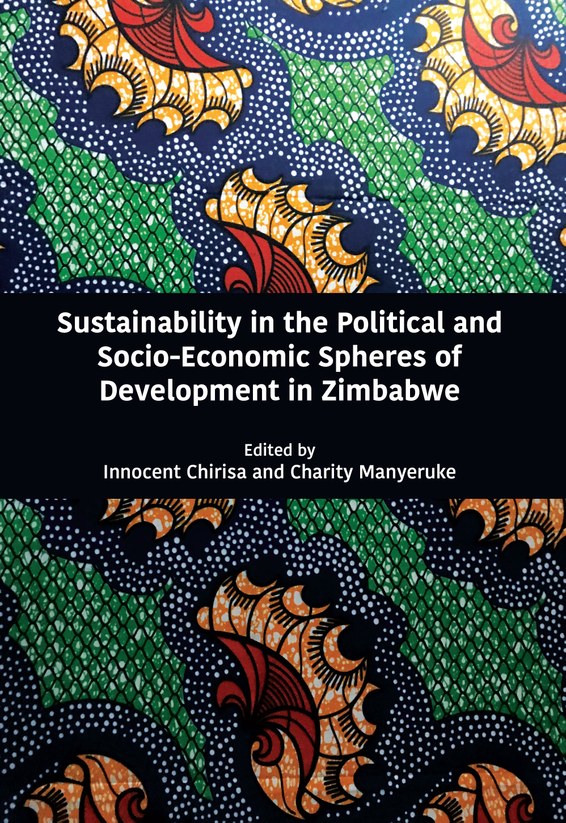Publisher: Langaa RPCIG, Cameroon
Pages: 514
Year: 2020
Category: Development Studies, Environmental Management, Environmental Policy, Nature & The Environment, Social Sciences
Dimensions: 244 x 170 mm
Sustainability is often just looked into as found at the
intersection between economic, environmental and equity (3Es) variables,
also referred to as production, planet and people (3Ps). However, the
major determinants of global environmental change are the human species
themselves. While they are part of the three Es, they go further to
create a fourth pillar, the institutions, partly to manage complexity as
they cause it. The complexity of people as the key definer of
sustainability lies in the fact that Homo Sapiens are animals of
politics and socio-economic reasoning. As they wrestle in the
rationality and decision-making space, natural resources, and any other
resources (human, capital, financial and social relations) are
configured and reconfigured in such a way that sustainability becomes
the major goal under threat. Using Zimbabwe as a case study, the
contributors in this volume dissect development as an endangered species
needing the key actors involved to rethink their decisions and actions
in the interest of more sustainable and desirable futures.
£127.00
About the editors
Innocent Chirisa is a professor at the Department of Rural & Urban
Planning, University of Zimbabwe. He is currently the deputy dean of the
Faculty of Social Studies at the University of Zimbabwe and a Research
Fellow at the Department of Urban and Regional Planning, University of
the Free State, South Africa. His research interests are systems
dynamics in urban land, regional stewardship and resilience in human
habitats.
Charity Manyeruke is an Associate Professor and former Dean of Faculty
of Social Studies, University of Zimbabwe. Her research interests are
politics and natural resources management, international relations and
the politics of gender. She is currently serving as Ambassador of
Zimbabwe to Rwanda.
